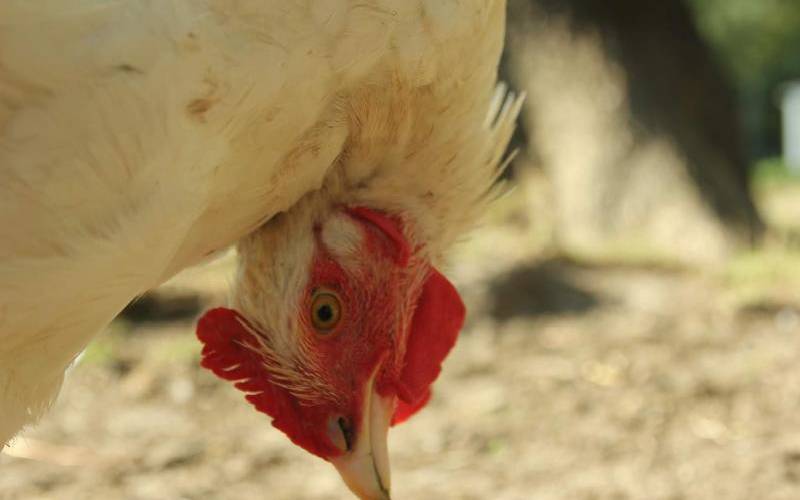×
The Standard e-Paper
Kenya’s Boldest Voice

Dear Dr Messo
I keep layer chickens and I have noticed that some of them have twisted necks. What causes twisting of necks in chickens and can you shed more light on mad chick syndrome... [Caroline Koome]